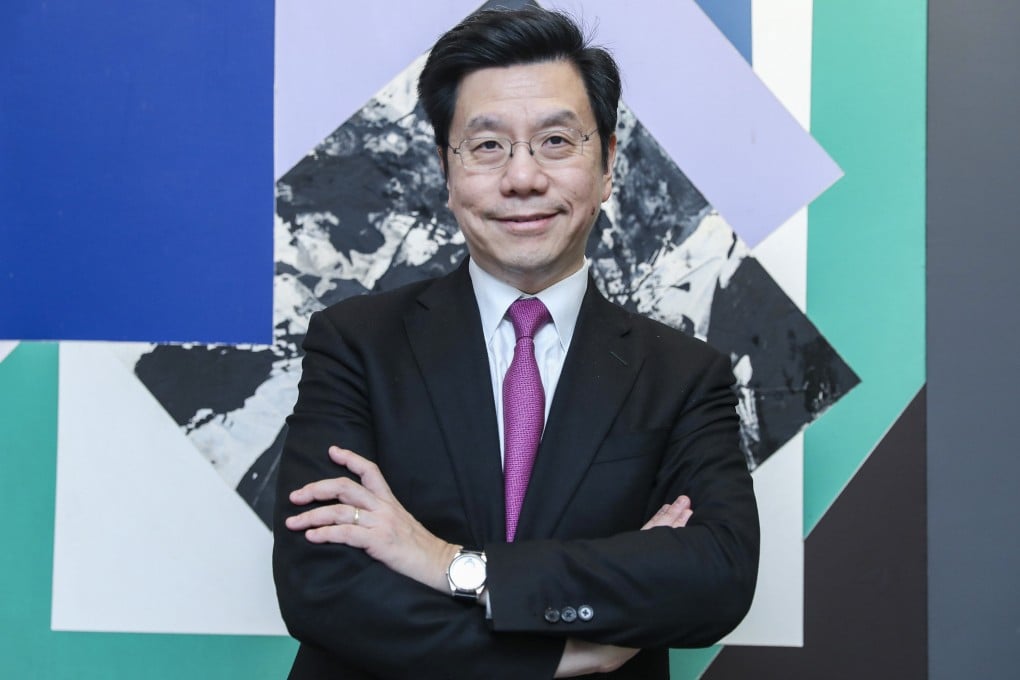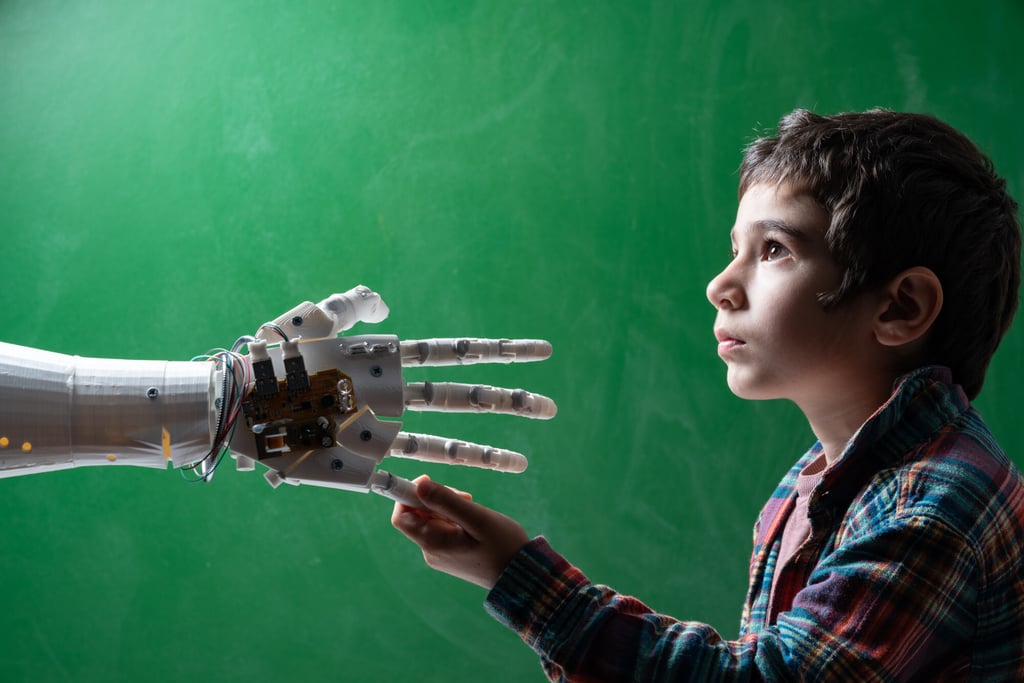Advertisement
Artificial intelligence: why Kai-Fu Lee, venture capitalist, and Chen Qiufan, sci-fi writer, share a positive vision of the technology’s future in their collaboration, AI 2041
- Chen teamed up with former Google China head Kai-Fu Lee to imagine the future of artificial intelligence. Both explain to the Post why they are mostly positive
- ‘It’s very important to portray a future to give people hope,’ says Chen. Lee is bullish about machines learning to process and understand human languages
Reading Time:5 minutes
Why you can trust SCMP

AI 2041: Ten Visions for our Future by Kai-Fu Lee and Chen Qiufan pub. Currency
Predicting the future has its (literary) risks. In his groundbreaking cyberpunk/artificial intelligence novel Neuromancer (1984), William Gibson wrongly foresaw such a great shortage of RAM that a mere 3MB would be motive for murder.
This was several orders of magnitude wrong – but speculative fiction has also imagined submarines, wireless earphones and, as co-author Kai-Fu Lee points out, the Star Trek holodeck.
Advertisement
AI 2041 is a collaboration between Lee, an investor, the former head of Google China and author of AI Superpowers (2018), and science fiction author Chen Qiufan, also known as Stanley Chan. The new book aims to inform and inspire readers to engage with the promise – and inevitability – of artificial intelligence.

Chen’s 10 fictions – covering issues from deep learning and deepfakes to insurance risk mitigation and blockchain decryption – are framed by Lee’s discussion of technological developments and directions, though the collaboration went deeper.
Advertisement
Advertisement
Select Voice
Choose your listening speed
Get through articles 2x faster
1.25x
250 WPM
Slow
Average
Fast
1.25x